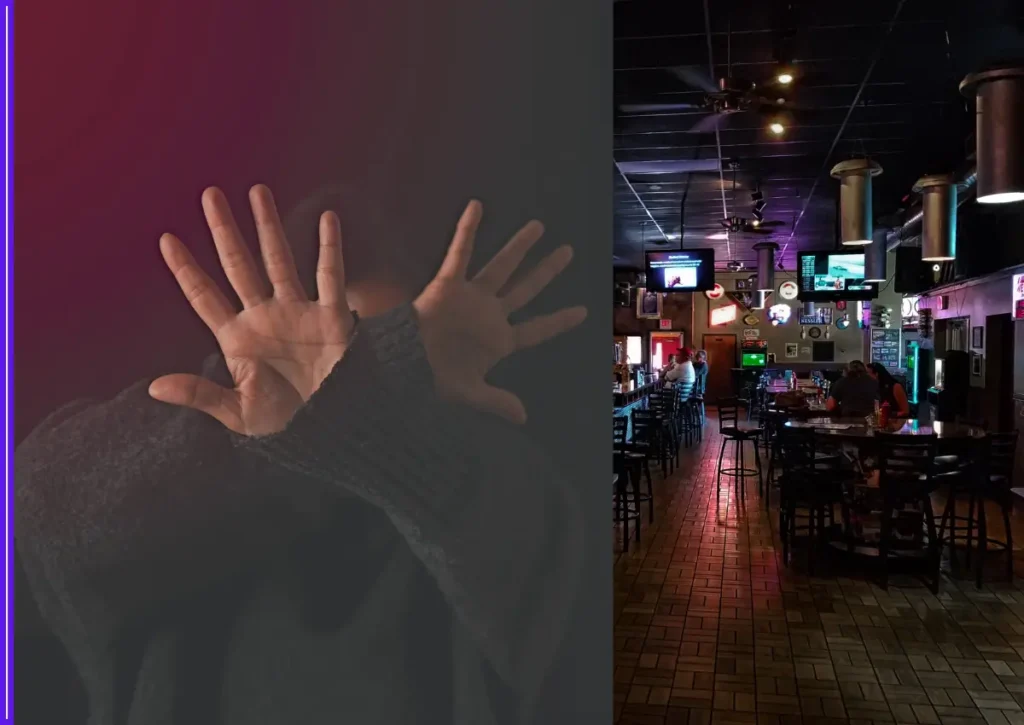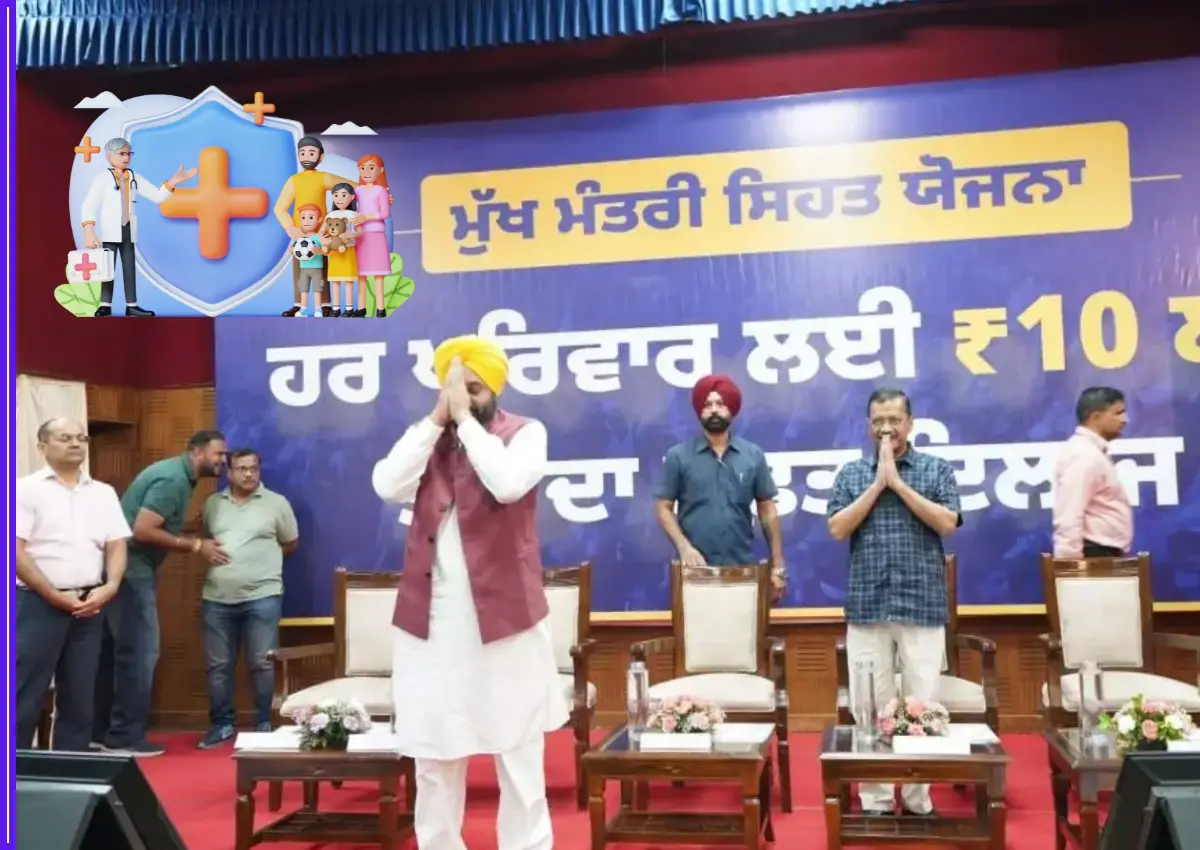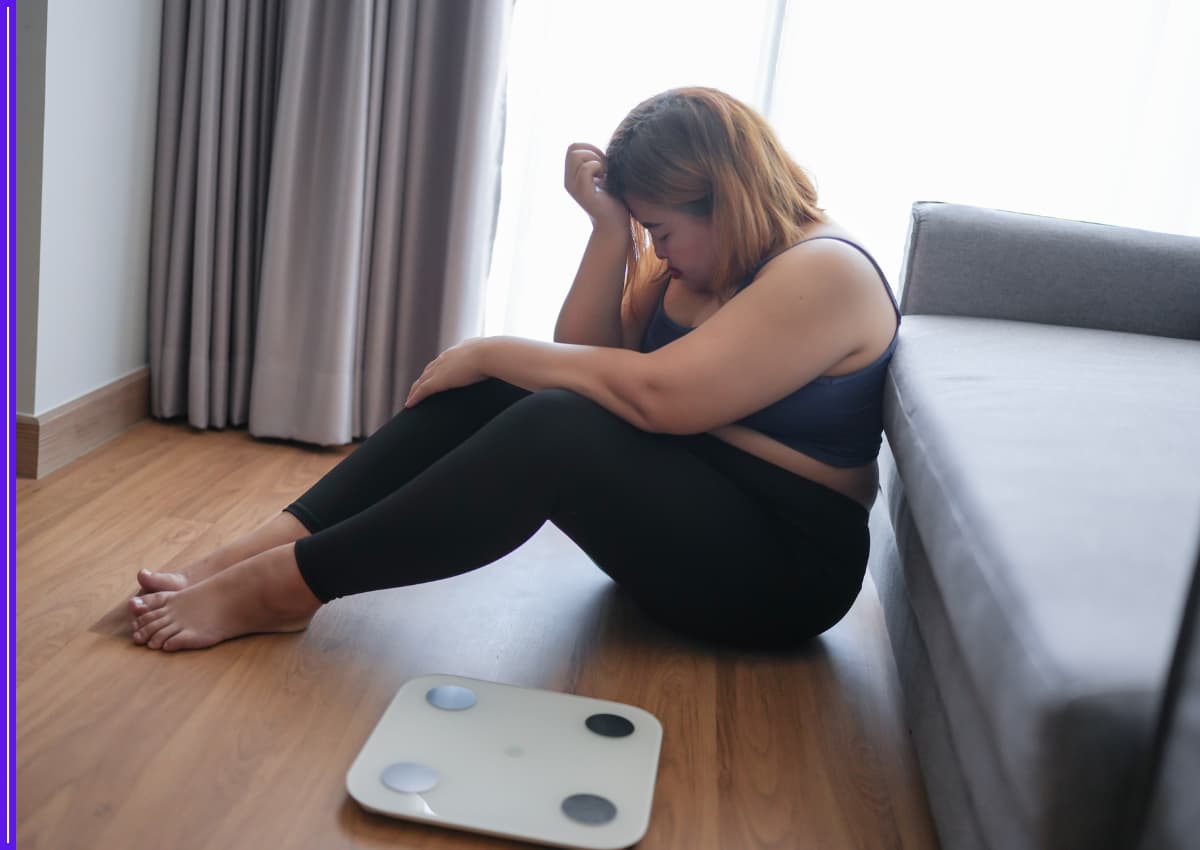Bhopal, May 4 — Behind the glimmering lights and loud music of Club 90, a disturbing secret was buried—until now.
What began as routine outings for several college girls turned into a terrifying cycle of abuse, when they were reportedly drugged, raped, and blackmailed by multiple men operating from the club’s private rooms.

The girls, all in their late teens and early twenties, were allegedly invited to the club under the guise of friendly gatherings and informal parties. But once inside, the atmosphere turned sinister. According to police sources, the accused served the girls spiked drinks in secluded VIP rooms. The victims lost consciousness, only to wake up disoriented, with no memory of what had happened.
But the trauma didn’t end there.
When the girls tried to move on, they were confronted with explicit videos—secretly recorded during the assaults. The accused used these recordings to blackmail the victims, threatening to leak the content online unless they returned and complied with their demands.
One survivor finally broke the silence. A 20-year-old student, who had been living with the burden of fear and shame for weeks, approached the police. Her detailed testimony opened the floodgates. A special team was quickly assembled, and within hours, authorities raided Club 90. Three suspects have been arrested so far, and multiple devices, including mobile phones and hard drives, have been seized for forensic analysis.
Senior police officials confirmed that the case appears to be part of a larger organized operation involving sexual exploitation, blackmail, and potentially cybercrime. “We are taking this case very seriously. Evidence suggests that more girls may be involved. We’re urging anyone who has faced similar threats to come forward,” said an investigating officer.
The case has sent shockwaves through Bhopal. Student groups and women’s rights organizations have begun holding protests outside the club, demanding immediate closure of such private spaces within nightlife venues, which they claim become “breeding grounds” for hidden crimes.
Meanwhile, the victims are receiving psychological counseling and legal assistance, but the emotional scars will take much longer to heal.
As the investigation deepens, what’s unfolding is not just a crime story—it’s a mirror to the dark underbelly of privilege, silence, and power misuse thriving in urban India’s party circles.





